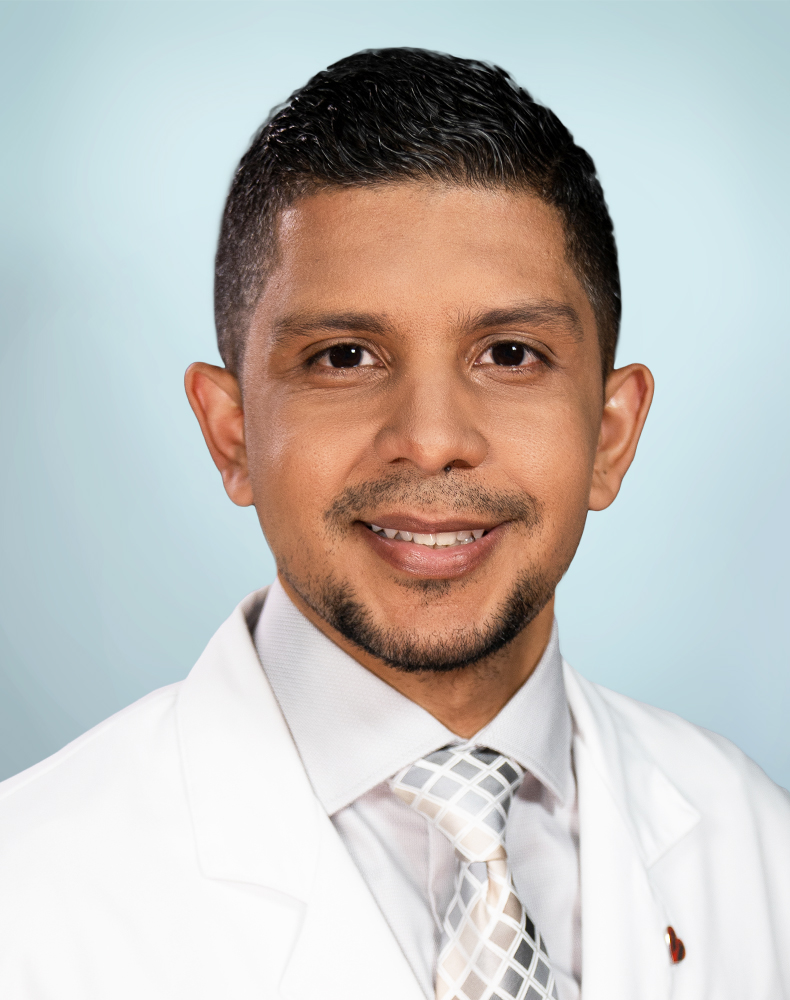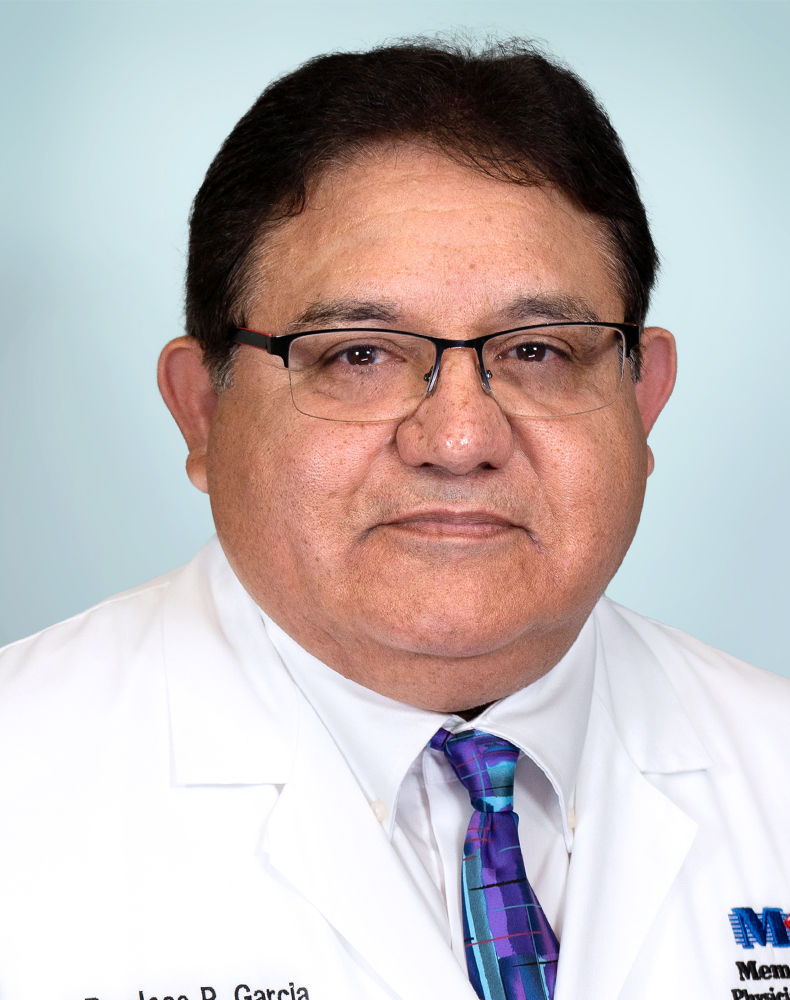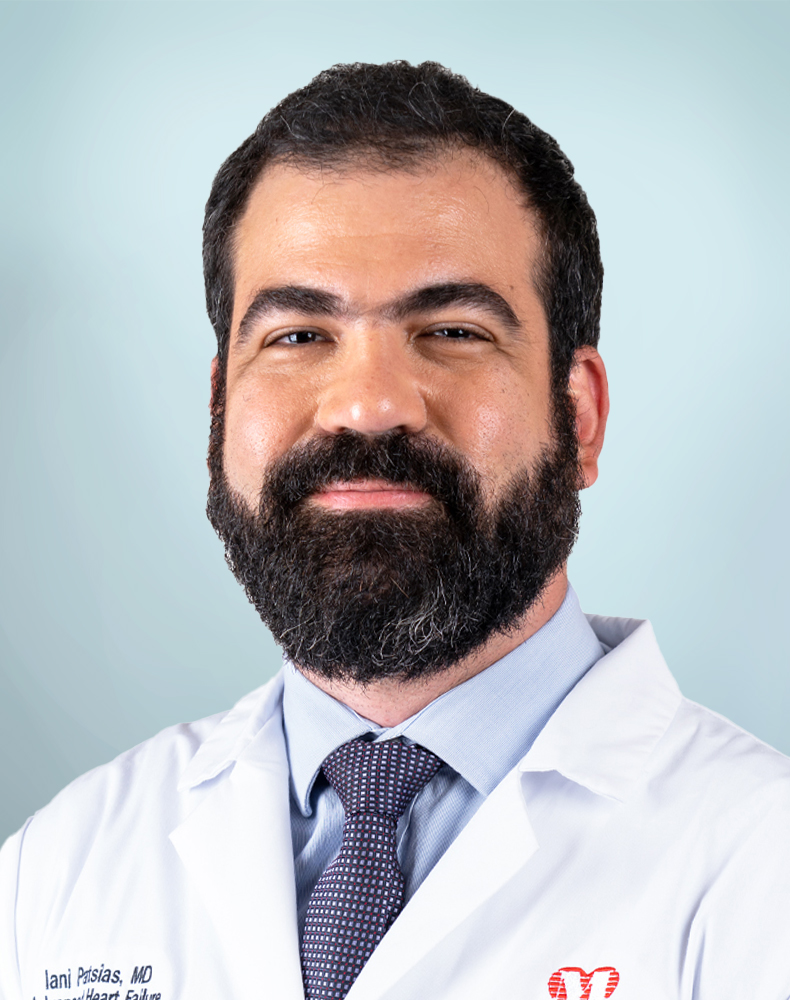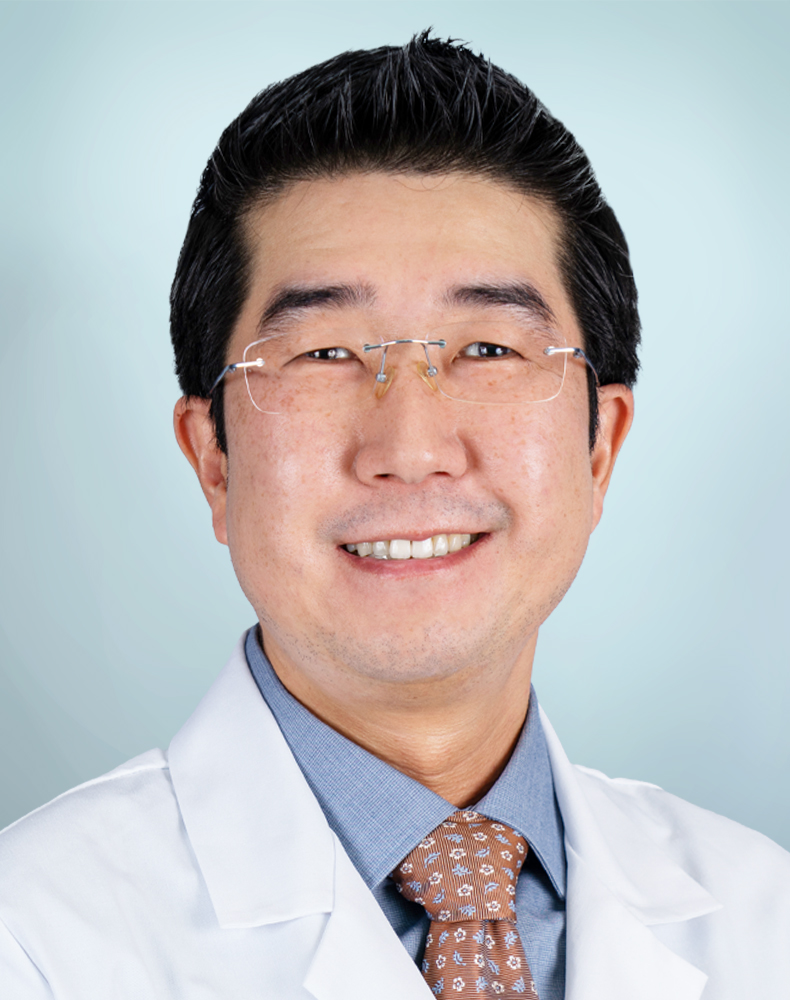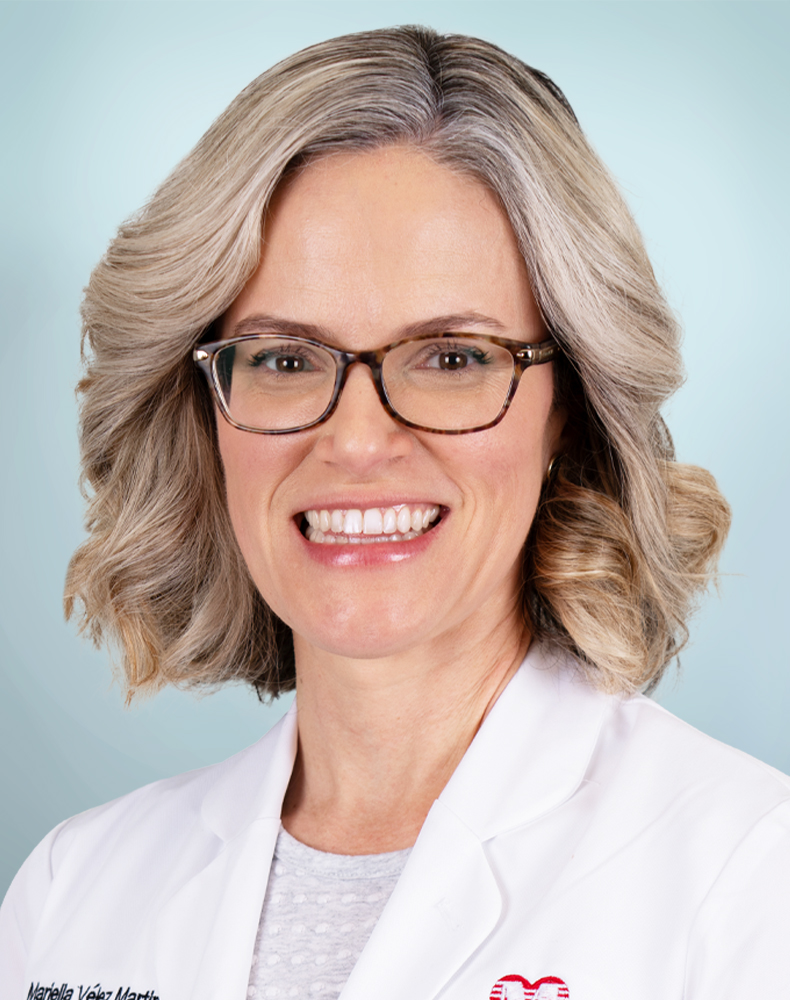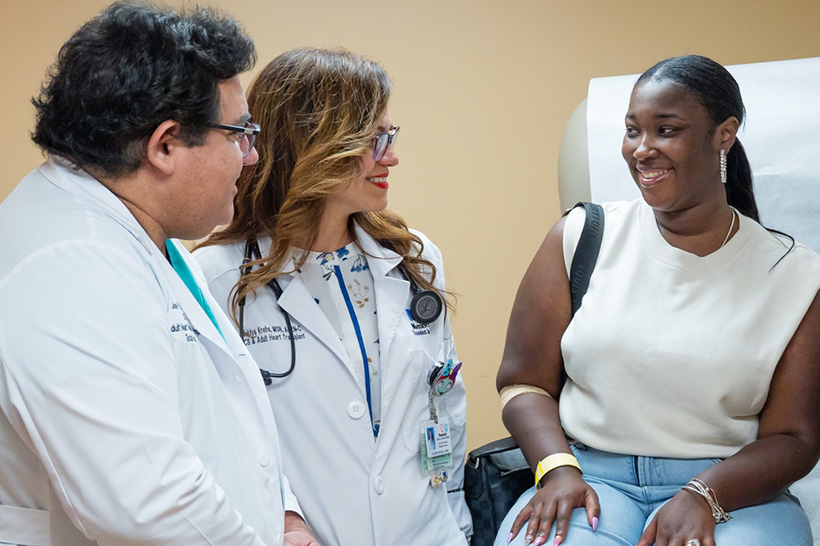
Ventricular Assist Devices
We use ventricular assist devices (VAD) to treat patients with heart failure, and as a bridge to a heart transplant.
At Memorial Cardiac & Vascular Institute, we provide a team approach that has your heart at the center of our care. We believe that patients with advanced heart failure can do more than survive, they can thrive! Our team specializes in ventricular assist devices (VADs) giving you the chance to live a more active and healthier life.
We lead in providing the most current evidence-based best practices in VAD therapy. In the past, doctors rarely used VAD treatment until people with heart failure were very sick. However, new studies show that people who start VAD therapy earlier have less organ damage, are more resilient and recover faster following VAD placement and heart transplant surgery.
Our dedicated team of heart failure specialists offer personalized VAD therapy that's unique to your heart care. We work with you to decide the best treatment option based on your medical history, needs and goals. Depending on a patient’s risk factors and overall condition a VAD can be used in different ways.
Accredited by the Joint Commission
 The Ventricular Assistive Device program at Memorial Regional Hospital has earned The Joint Commission’s Gold Seal of Approval® for Ventricular Assistive Device Certification. The certification, means patients can expect a consistently high level of quality care and a reduced risk of error thanks to Memorial’s unwavering commitment to data-driven performance improvement and patient- and family-centered care.
The Ventricular Assistive Device program at Memorial Regional Hospital has earned The Joint Commission’s Gold Seal of Approval® for Ventricular Assistive Device Certification. The certification, means patients can expect a consistently high level of quality care and a reduced risk of error thanks to Memorial’s unwavering commitment to data-driven performance improvement and patient- and family-centered care.
At Memorial Cardiac and Vascular Institute, we try to provide more options. By offering ventricular assist devices (VAD), we help people stay mobile or wait with reduced risk until a heart becomes available for heart transplant.
What Is a Ventricular Assist Device (VAD)?
A ventricular assist device (VAD) is a mechanical pump. When one of the heart’s natural pumps (a ventricle) does not perform well, we use a VAD to increase the amount of blood that flows through the body. Having a VAD implant allows most people with advanced heart failure to return to a fuller life.
Depending on your medical history, Memorial's VAD team uses the device in two ways. It can be used temporarily as a bridge to a transplant while you await a suitable donor for heart transplant surgery.
Alternatively, a VAD implant can be a treatment in itself known as destination therapy. This can be a permanent option for individuals who are not candidates for heart transplant surgery. The specific device we use is a left ventricular assist device (LVAD) called the Heart Mate 3 LVAD.
During a VAD procedure, a cardiac surgeon will implant the device in your chest and connect it to an external controller (small computer that monitors the pump) that attaches to a power source (batteries or battery pack) outside your body (batteries or battery pack outside your body. Once discharged, we continue monitoring VAD patients very closely.
Our personalized approach ensures that you will receive the right treatment plan that meets your medical needs and help you get back to living a full and active life.

Memorial Cardiac & Vascular Institute Celebrates 75th VAD Implant
Every day, our heart failure team works with patients who are exhausted and frustrated. We try to bring hope, offering:
When you receive a VAD, our team provides comprehensive care, 24-hour support, and heart care education during and after your hospital stay. After your device is installed we ensure that you can live independently and enjoy a long, active life.
Our team consists of:
- Dedicated VAD Coordinators (available 24 hours a day, seven days a week)
- Advanced Practice Providers
- Advanced Heart Failure Cardiologists
- Cardiothoracic Surgeons
- Cardiac Anesthesiologists
- Social Worker, Neuropsychologist, Infectious Disease Physician, Pharmacist, Clinical Exercise Physiologists, Nutritionist, and Financial Specialist.
- Cardiac rehabilitation
Our growing transplant program means that we are able to treat the most severe cases of heart failure. We were the first hospital in Broward County to offer heart transplant, and our outcomes are comparable with the top heart programs in the country.
Living With a VAD
Taking proper care of your VAD is not just about maintaining the device itself but involves taking good care of your health and well-being as well. Our VAD team is here to work closely with you to develop a comprehensive plan tailored specifically to you in making sure you and your device are at peak performance for a very long time.
Here are some helpful tips:
Nutrition: Food is fuel. Eating healthy and nutritious meals will provide you the energy you need while maintaining or working towards a healthy body weight. It's also very important to stay well-hydrated to maintain adequate blood volume so your VAD can effectively pump blood throughout your body.
Family Planning: Discuss family planning with your doctor before, during, and after VAD implantation to address any concerns you or your physician may have related to pregnancy.
Exercise: Movement is life. Regular exercise and physical activity can help you improve your heart health, feel stronger and more confident, reduce anxiety and depression, sleep better and improve your overall heart health. Talk to your doctor about exercising with VADs and how our Cardiac Rehabilitation or Medical Fitness programs can help.
Smoking: It’s ok to quit. Smoking narrows blood vessels and can significantly increase your risk for heart disease. Making the choice to quit smoking before and after VAD surgery is essential. We understand that quitting smoking is not easy. Our team is here to support you and provide the resources you need to quit.
Alcohol and Drugs: Just say no. To maintain your health with a VAD, refrain from drinking alcohol and using illicit drugs.
Medication: Taking your medication as prescribed by your doctor is absolutely essential. Our VAD team will provide you and your caregiver detailed instructions on taking your medications: what it does, why it’s important, symptoms or side effects to report, how and when to take it and the importance of taking it consistently.
Follow-Up Appointments: We want to see you. Be sure to regularly attend all follow-up appointments with your heart care team.

LVAD Gives Ted Second Chance After Heart Failure
To schedule an appointment or to learn more, call
954-265-7750It matters to you. It matters to us.
Quality and Safety Data for Memorial Healthcare System
Our goal is to provide our patients with the information they need to make informed choices for themselves and their families.
View Quality and SafetyYou have a right to know about pricing
We want to give you the information you need to make important healthcare decisions, including the costs of our cardiac services.
View PricingMyChart Portal
View test results, schedule follow-up appointments, request prescription refills and more.
Login or Sign-up to MyChart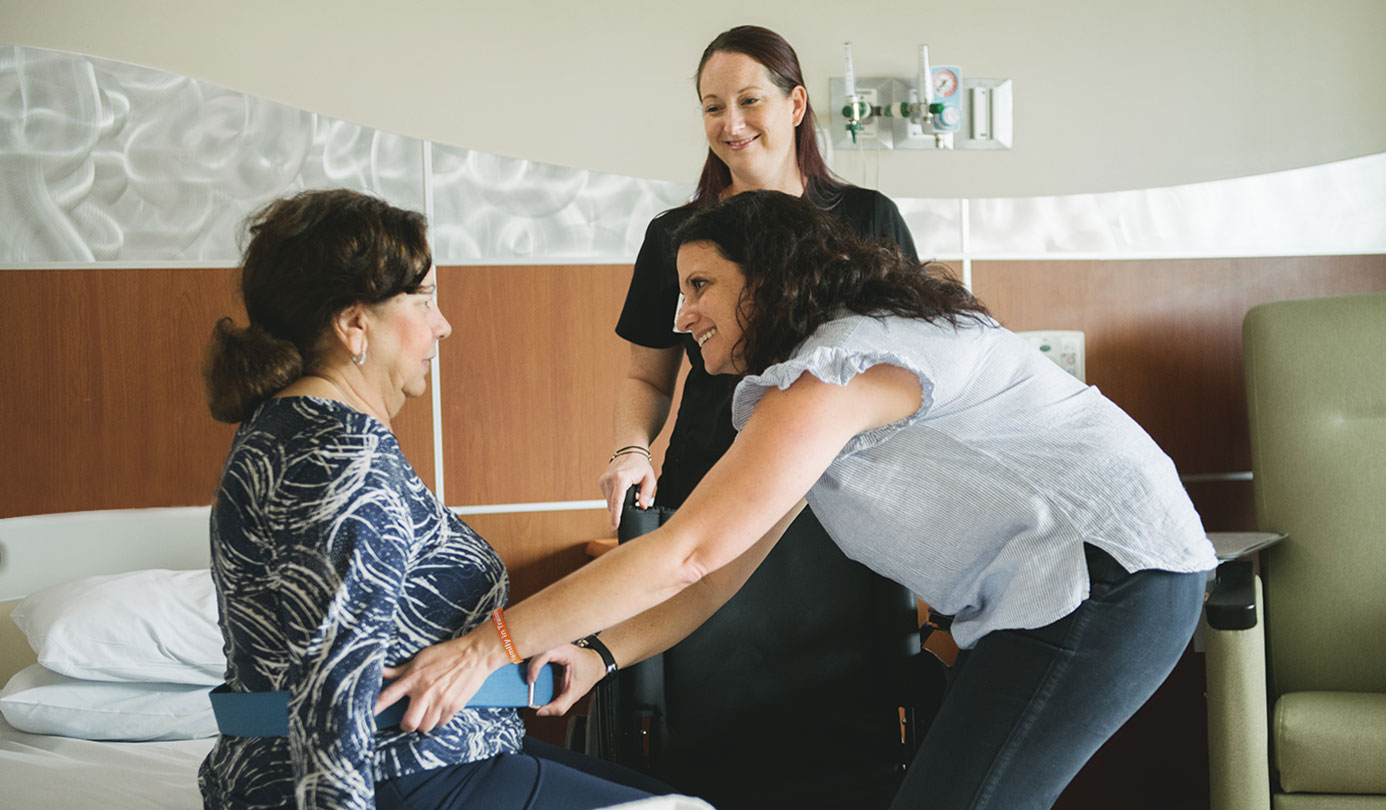
Patient- and Family-Centered Care
We treat patients and family members as partners in healthcare.




